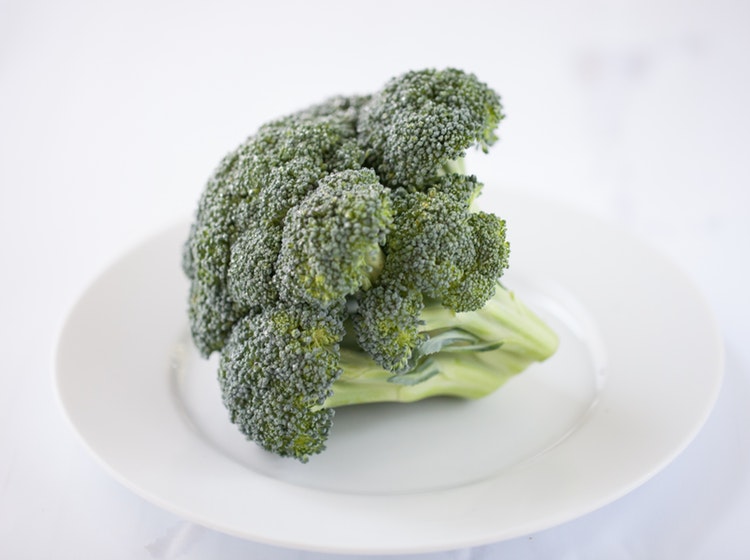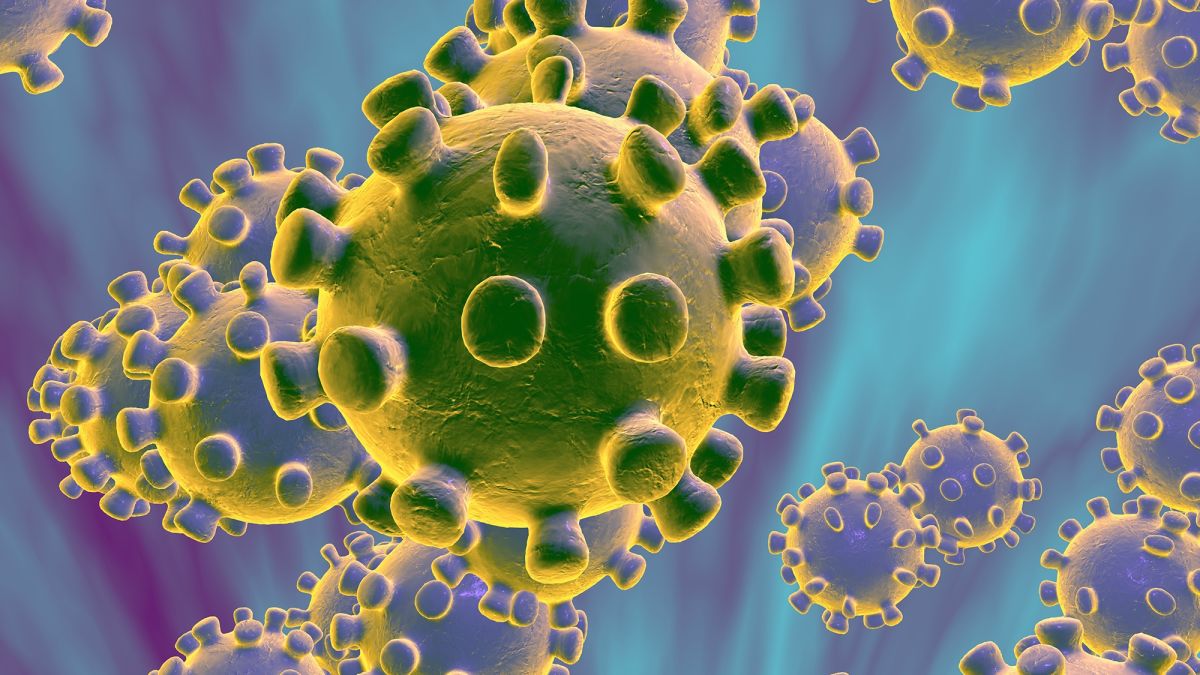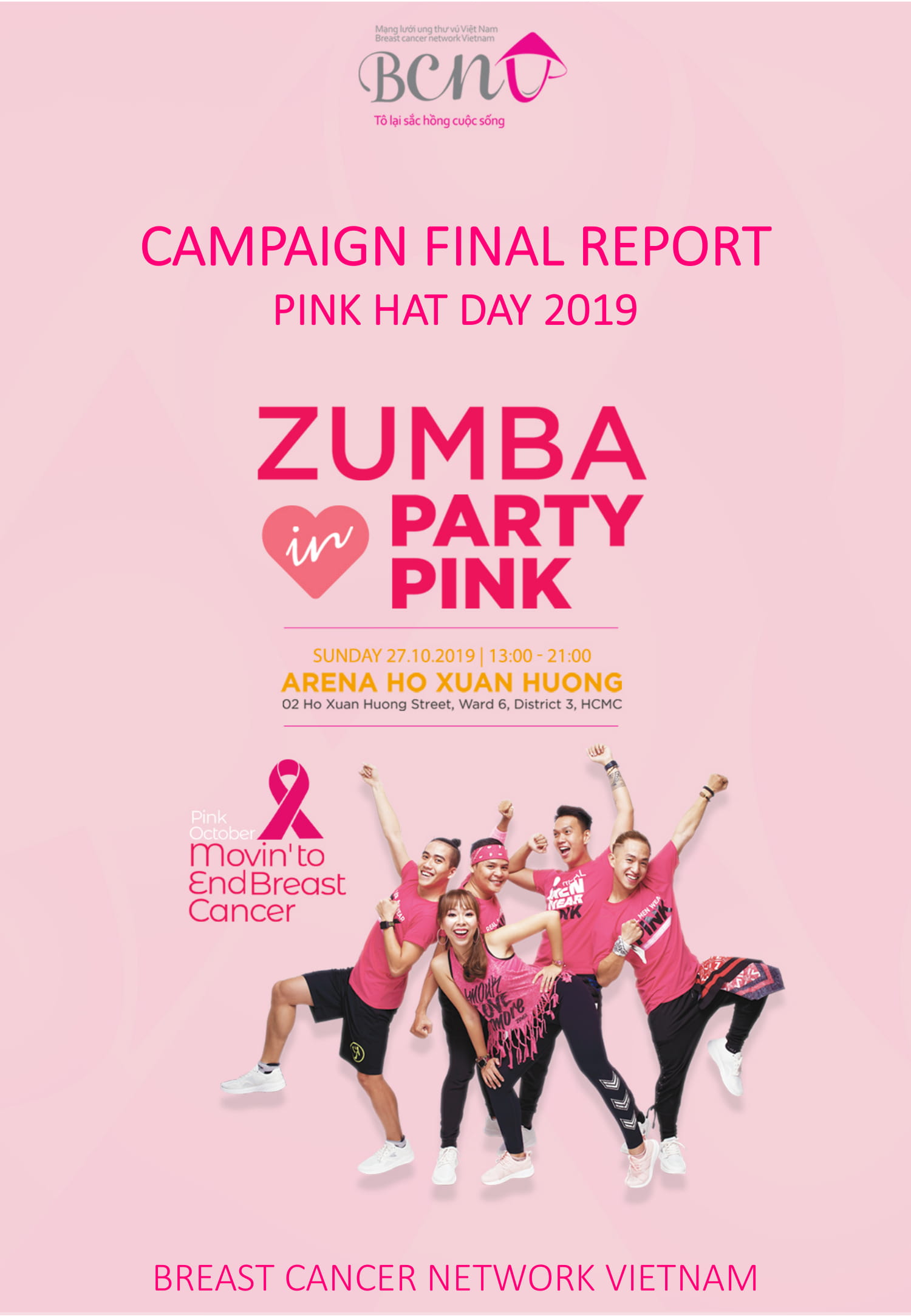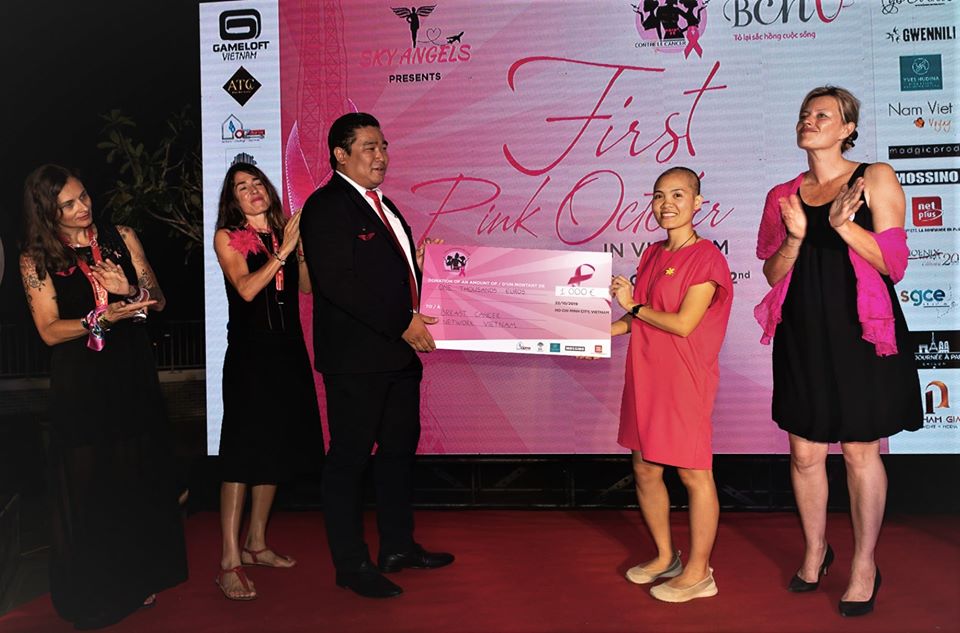Almost all of breast cancer patients have to deal with food problems during treatment period. BCNV introduces a post from website www.foodforbreastcancer.com to answer the question: “If you have triple-negative breast cancer, which food will you choose to get the best result of treatment?”
Triple-negative breast cancer refers to the fact that the cancer is estrogen receptor negative (ER-), progesterone receptor negative (PR-), and HER2/neu negative. In other words, triple negative breast cancers do not express receptors for estrogen or progesterone and do not overexpress HER2.
Women diagnosed with triple negative breast cancer are more likely to be premenopausal than women with hormone receptor positive breast cancer. Treatments or foods that reduce the production of estrogen or block its effects in the body are not useful for this type of breast cancer.
Women with metabolic syndrome are more likely to have triple negative breast cancer upon diagnosis than women without it. A high cholesterol diet has been shown to induce angiogenesis and accelerate mammary tumor growth in a mouse model of triple negative breast cancer.
Foods that reduce the risk of triple negative or ER-/PR- breast cancer
The following foods and spices have been found to be associated with reduced risk of triple negative or ER-/PR- breast cancer:
Apples
Arctic char
Artichokes
Arugula
Basil
Beans, dry
Bell peppers
Black cumin
Black pepper
Blackberries
Blueberries
Bok choy
Boysenberries
Broccoli & broccoli sprouts
Brussels sprouts
Buckwheat
Butternut squash
Cabbage
Carrots
Cauliflower
Celery
Cherries
Chicken, organic
Chives
Cilantro
Collard greens
Cranberries
Cucumbers
Currants, black
Flaxseed & flaxseed oil
Garlic
Ginger
Grapes, red or black
Grape juice, purple
Green tea
Greens
Herring
Honey, min. processed
Horseradish
Hot peppers
Kale
Kohlrabi
Lake trout
Leeks
Lettuce, romaine
Mackerel
Mustard
Mustard greens
Olives and olive oil
Onions
Parsley
Peas
Plums, purple or red
Pomegranate juice
Pomegranates
Pumpkins
Radishes
Raspberries
Reishi mushroom tea
Rice, brown, black or red
Rutabagas
Saffron
Salmon, wild
Sardines
Sauerkraut
Scallions
Seaweed
Sour cherries
Strawberries
Summer squash
Sweet potatoes, purple
Tomatoes
Turmeric
Turnips
Turnip greens
Walnuts & walnut oil
One study reported that breast cancer patients with suboptimal levels (under 32 ng/mL) of vitamin D were three times more likely to develop triple negative breast cancer than patients with optimal levels. In other words, low vitamin D appears to increase the aggressiveness of breast cancer that develops.
Foods and supplements that increase the risk of ER-/PR- breast cancer
The following foods have the potential to increase the risk of ER-/PR- breast cancer or its progression:
Alcohol
Apricots, dried, non-US — potential for high cadmium levels
Bacon and other processed meats
Beef and veal, especially liver
Cheese
Copper supplements, including multivitamins
Corn oil
Genistein supplements
Indian mustard or black mustard
Lamb, especially lamb liver
Milk, full-fat
Peanuts and peanut oil
Pork and lard
Resveratrol supplements
Rice from Louisiana, Thailand or India — potential for high cadmium levels
Safflower oil
Highly salty foods
Shellfish
Products made from defatted soy flour, such as soy protein isolate & textured soy protein
Soybean oil
Sugar
Sunflower seeds and sunflower oil
Vitamin E supplements, alpha-tocopherol
Vitamin K supplements
Fructose has also been shown to induce changes in triple negative breast cancer cells that may increase their aggressiveness, suggesting that patients should avoid concentrated sources such as agave nectar and processed foods sweetened with fructose, including beverages.
Foods that can help reduce or regulate blood sugar and insulin levels
The foods below have been shown to help regulate glucose, increase insulin sensitivity and/or reduce circulating insulin levels while also protecting against breast cancer. Consuming such foods may help reduce the likelihood or extent of metabolic syndrome.
Beans, dry
Flaxseed oil
Garlic
Hot peppers
Mushrooms
Olives & olive oil
Pumpkins
Brown rice, U.S. grown
Turmeric
Walnuts & walnut oil
BCNV always tries to the best of our ability to provide the information from valuable sources for breast cancer patients and their relatives. BCNV does not take on the legal responsibility for the update and completion of the information from this article nor the loss or damage caused by using these materials. However, BCNV welcomes and respects all the constructive suggestions from specialists, doctors, patients or people concerning about this topic to make this document be more accurate, complete and valuable scientific in order to provide for women having breast cancer and also to raise the awareness of the public about breast cancer. We always recommend the patients to talk to their doctors or specialists before making any decision during their treatment period.












